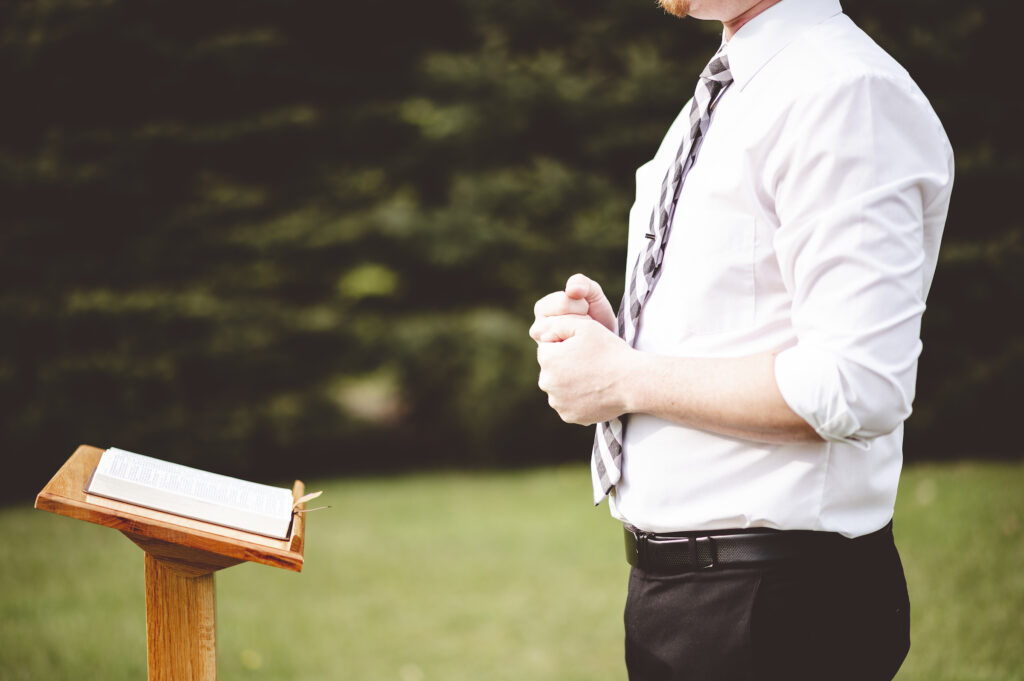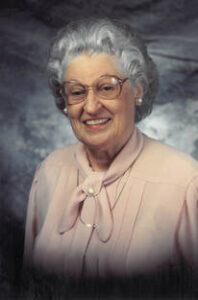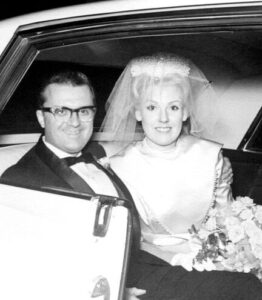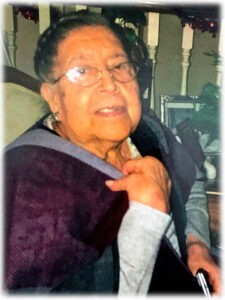Who Should Lead the Service?

There are no right or wrong answers to this question. When it comes down to it, the family should select the person that feels right for them. The officiant is the leader of the service, setting the tone and directing the program. Duties often include delivering the eulogy, introducing the hymns, readings or prayers and inviting guests to events that follow, such as a graveside gathering or reception. Most families choose to involve the officiant in the planning of the service.
When choosing, there are many options. It is very common to ask a member of the clergy from the loved one’s church. This is especially nice when there has been a relationship between the decedent and the pastor or priest who is leading the service. When holding a service at a church, there most likely will be a fee associated with the officiant, or possibly a request for a donation in the range of $100 – $200. Be sure to ask. When using a chapel at a funeral home or cemetery, the funeral director may be available to serve as officiant.
For less formal services, a family member or friend may lead the service. Keep in mind that it needs to be someone who is comfortable speaking in front of people and who can be in control of their emotions during the service. Although you may choose to have several speakers or readers, it is always best to have one person designated to manage the flow.
There are other decisions regarding individuals who may participate in the service including pallbearers, soloists and accompanists (usually will need to be paid or receive a stipend) and readers of the eulogy, poems, verses or prayers.
Again, it goes back to the style or tone of the service, the officiant plays a very important role in the planning as well as execution of the service. The selection warrants careful consideration before you move forward.
Next blog: What to include in the service.


















